Research Learning Series (RLS): Talk with a Biostatistician Part 4 - Advance Causal Inference in Observational Studies
-
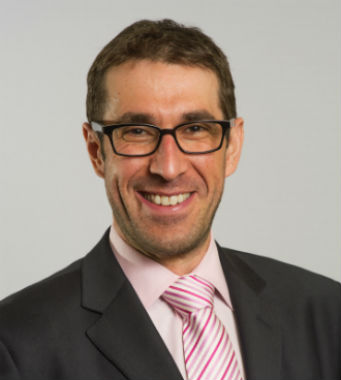
Robert Ehrman, MD, MS
Associate Professor of Emergency Medicine
Wayne State University
Dr. Robert Ehrman is an Associate Professor of Emergency Medicine at Wayne State University in Detroit, MI. He completed his Emergency Medicine Residency at Yale-New Haven Hospital and a Fellowship in Emergency Ultrasound at Cook County Hospital in Chicago, IL. In 2019, he received a Master of Science in biostatistics and research design from the University of Michigan. He is the Director of Emergency Ultrasound Research at Detroit Medical Center, a member of the Biostatistics, Epidemiology, and Research Design group at Wayne State University, and a methods and statistics editor for Academic Emergency Medicine. Dr. Ehrman’s research focuses on the use of heart and lung ultrasound, in combination with biomarkers, to optimize fluid resuscitation in sepsis. As a principal investigator, he has received research funding from NIGMS, SAEMF, and multiple industry contracts. He has collaborated on multiple studies involving echocardiography and lung ultrasound in acute heart failure, with funding from NHLBI, NIMHD, and EMF. -
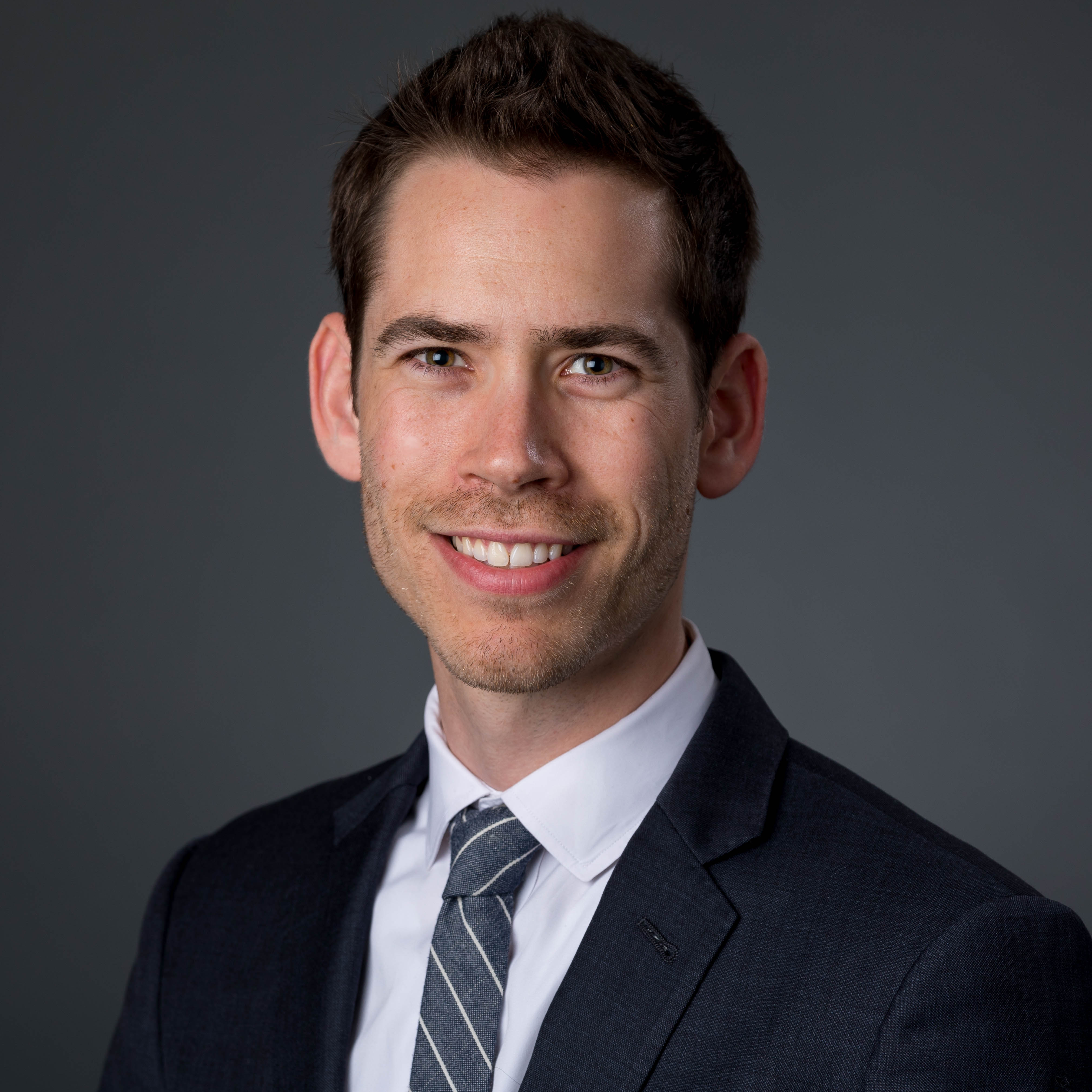
Martin Wegman, MD, PhD
Research Director
HCA Florida Orange Park Hospital
Martin Wegman, MD, PhD is a practicing emergency physician, population-health scientist, and research director at HCA FL Orange Park Hospital. He is also the inaugural Senior Research Fellow at the American College of Emergency Physicians where he provides strategic direction for the College's research portfolio, including the annual research conference, research training course and research networks. In these roles, he serves as principal investigator on multiple funded projects.
He completed his MD-PhD training program at the University of Florida, with graduate work in epidemiology and healthcare policy. He then completed a post-graduate clinical research fellowship at Yale School of Medicine and his emergency medicine residency training at Yale and the University of North Carolina. He has been published in Lancet Global Health, JAMA, Health Affairs, and Medical Care, and funded by the NIH, FDA, Doris Duke Foundation, and the AMA - with awards totaling in excess of $1M. He has expertise in research methodology, including quasi-experimental design and experience in analyzing large healthcare datasets to inform healthcare practice and policy. -
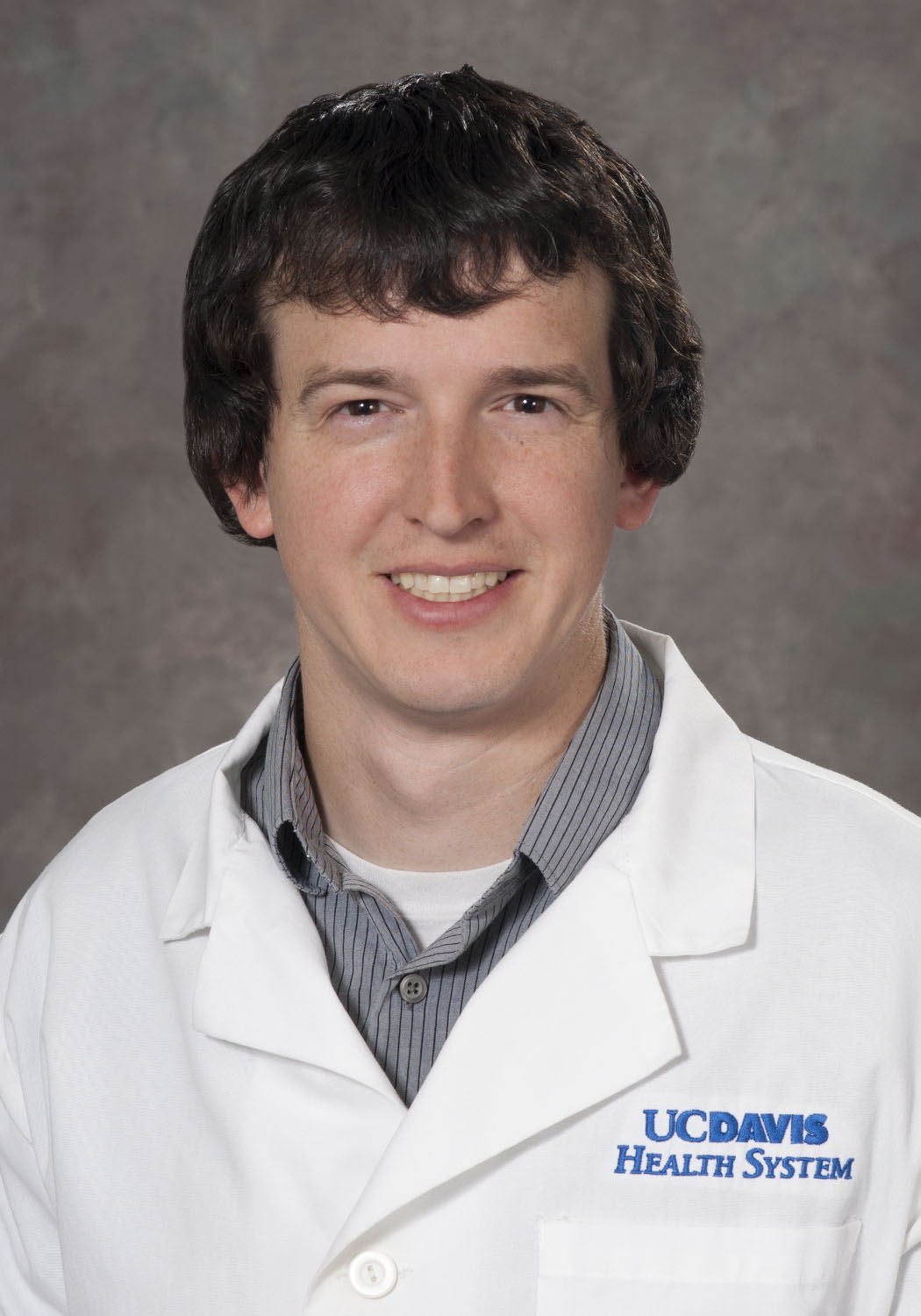
James Chenoweth, MD, MAS
Associate Professor
UC Davis
James Chenoweth is an Associate Professor of emergency medicine, medical toxicology, and addiction medicine in the department of Emergency Medicine at UC Davis in Sacramento, CA. As part of his fellowship training, he received a master's degree in clinical research. His current areas of research include substance use disorders, impaired driving, and drug overdoses. -
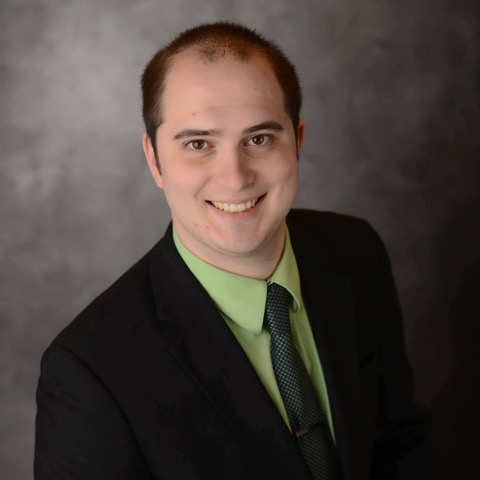
Nicholas E. Harrison, MD, MSc
Clinical Physician
IUH Methodist Hospital
Dr. Harrison was born in Dearborn, MI, and raised in the suburbs of Detroit. He graduated from Michigan State University for both his undergraduate and medical school degrees, in 2008 and 2012, respectively. While at the MSU College of Human Medicine he spent two years at the Flint MI MSU Clinical Campus and two months living abroad in Peru, completing the school's MD Leadership in Medicine for the Underserved certificate program. He completed his residency training in Emergency Medicine at the Oakland University William Beaumont School of Medicine / William Beaumont Hospital Emergency Medicine Program, where he served as Chief Resident in his final year. Upon completing his residency in 2019, Dr. Harrison entered a two-year Fellowship in Clinical Research, studying heart failure and cardiovascular imaging under the mentorship of Dr. Phillip Levy at Wayne State University. He concurrently entered the Clinical Research Design and Statistical Analysis MSc program for clinician-scientists at the University of Michigan's Department of Biostatistics. He graduated both his research fellowship and his MSc in 2021, at which time he took his first full-time faculty position as a tenure-track Assistant Professor of Emergency Medicine at IUSM in Indianapolis.
Dr. Harrison works clinically at IUH Methodist Hospital, while continuing the translational and health services research he began during his fellowship, in acute heart failure and non-invasive cardiovascular imaging. Starting in 2022, and ending in 2024, he received a KL2 Career Development Award funded by the National Institutes of Health National Center for Advancing Translational Sciences (NIH NCATS) through the Indiana Clinical and Translational Sciences Institute.
-
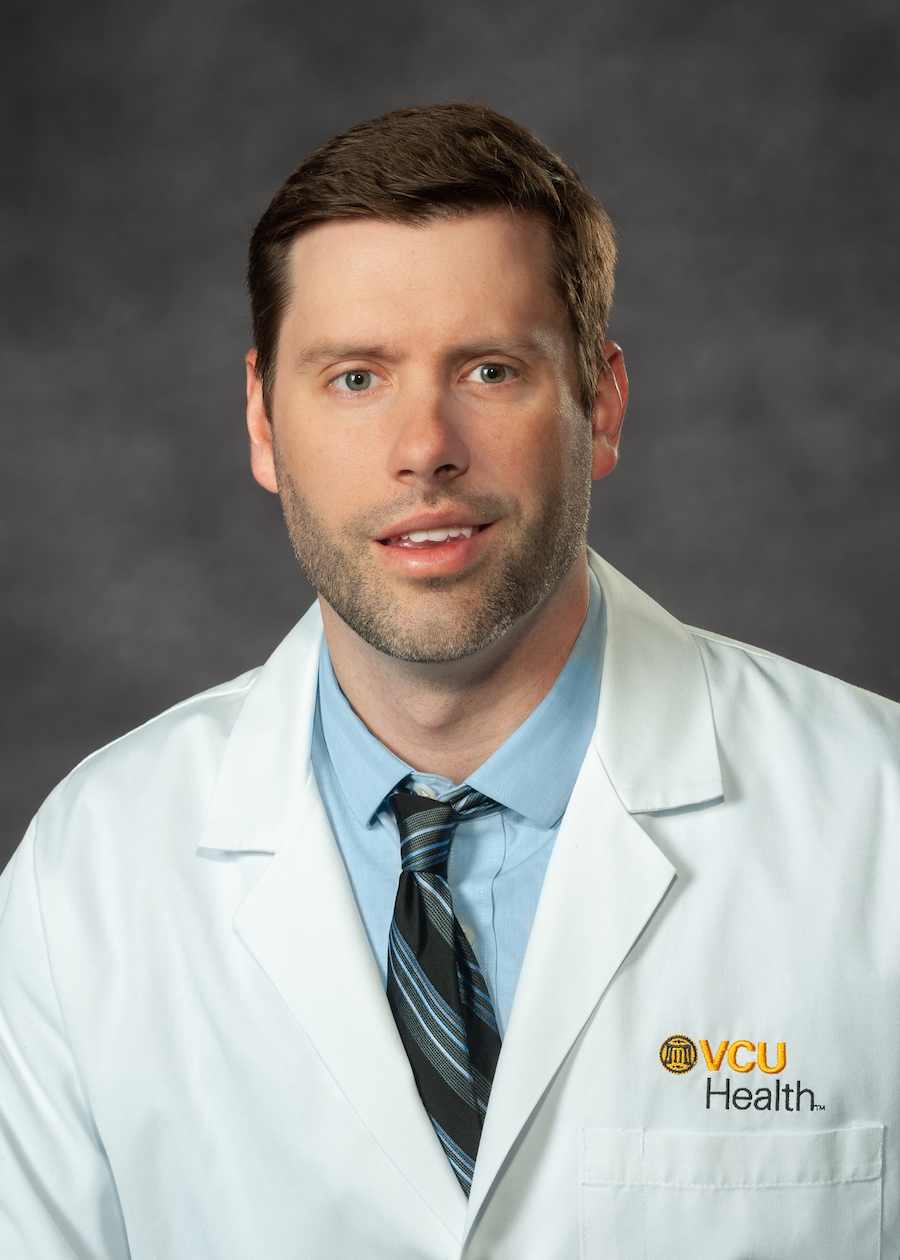
Stephen Miller, DO
Program Director, Medical Education Fellowship Program
Virginia Commonwealth University
Dr. Miller graduated from Virginia Tech for his undergraduate degree and completed medical school at the University of North Texas. After finishing his residency training at Virginia Commonwealth University (VCU), he stayed on as core faculty and in 2015 became the emergency medicine residency assistant program director. Dr. Miller completed the ACEP Teach Fellowship and McMaster's Evidence Based Medicine course in 2016 and has developed and taught evidence-based medicine curriculum including residency and fellow journal club since 2017. He helped develop and start the Medical Education Fellowship program at VCU in 2021 and currently serves as the Program Director. He is currently completing a masters of biostatistics with concentration in clinical research at VCU. He has published in areas of resuscitation, shock, and sepsis, and is grant funded in medical education research. Dr. Miller's primary statistical interests are Bayesian statistical methods, methods of causal inference for observational data, and finding inventive ways to teach statistical concepts to those that are scared of them.
